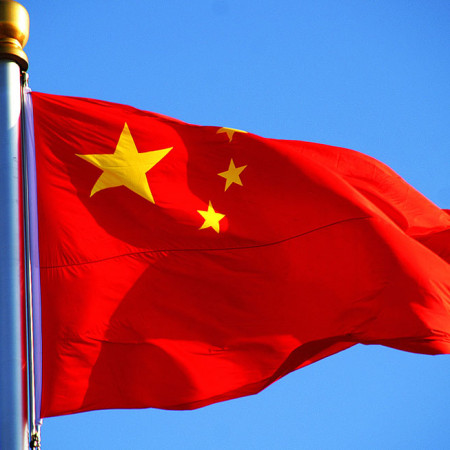The earthquake and subsequent tsunami that has devastated Japan is a human tragedy of significant proportions.
Here is how How The Japanese Crisis Will Impact Your Supply Chain.
The resilience of the Japanese people will be tested as they emerge from this crisis. In addition to the human toll, Japan’s economy is also suffering heavily. Barclays Capital estimates that the damage from the earthquake and tsunami will exceed $180 billion.
The damage from the crisis has led to rolling blackouts, power outages, damaged infrastructure and the abandonment of entire industrial areas due to high levels of radiation. As business owners, we have to take into account what this crisis means to our operations. Even if you don’t do business in Japan or with Japan, odds are your business will be impacted.
The Beige Book released on April 13th indicates that seven of the 12 regions in the U.S. have been negatively impacted by the Japanese crisis. They are: Boston, Philadelphia, Richmond, Atlanta, Chicago, Minneapolis and Dallas. Read my Beige Book article to learn more about its importance.
Want to read more about global supply chains? Check these out:
The global supply chain…
The reason why the impact is so significant is because Japan, and especially the region around the Fukushima nuclear plant, plays a key role in the supply chain of manufacturers around the world. According to CLSA, Asia’s leading independent brokerage and investment group, 40 percent of electronic components manufactured annually are made in Japan. Nineteen percent of all semiconductors are manufactured in Japan. Last year the United States imported over $125 billion of goods and services from Japan.
Given its expansive scope, many manufacturing firms—entire sectors in reality—will experience a shortage in components and as a result will have to slow down or shut down production while alternatives are sourced. Automotive companies such as Honda, Toyota and Nissan have had to shut down production not only in Japan, but also abroad due to a lack of component availability. Honda vehicles manufactured in the U.S. contain around 20 percent component parts sourced from Japan.
Go to the article: How The Japanese Crisis Will Impact Your Supply Chain
